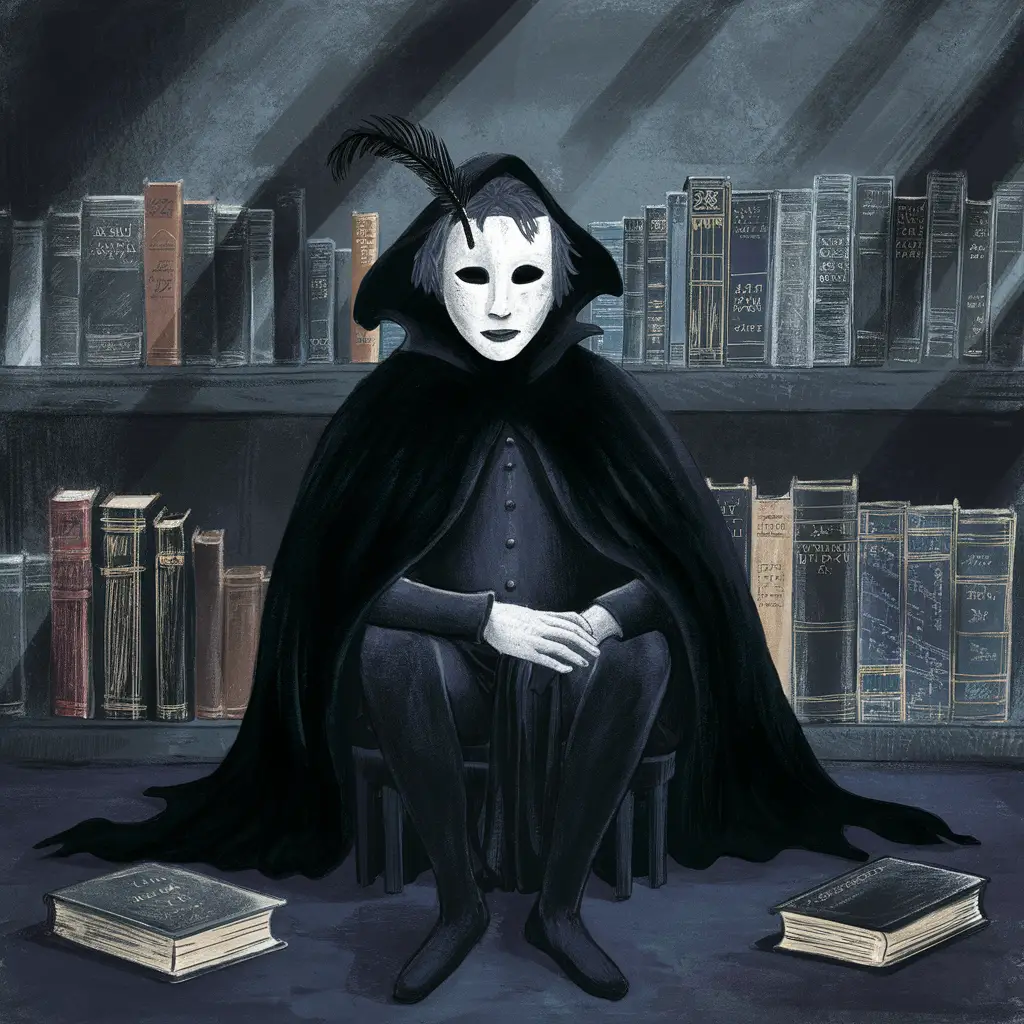Since 2009, May 22 is World Goth Day. According to the website, the holiday is “a day where the goth scene gets to celebrate its own being, and an opportunity to make its presence known to the rest of the world.” For those of us who haven’t been in a high school setting in (gulp!) close to two decades, we probably have the image of goths being pale teenagers who wear all black, put on all-black makeup, and talk a lot about death. What seemed so “other” 20 years ago is likely closer to the norm today. After all, true crime is the most popular topic for podcasts in the United States with most podcast listeners likely able to tell you way too many facts about serial killers and causes of death (guilty as charged).

That being said, the goth lifestyle has had a great influence on literature for close to 250 years now. Starting with Horace Walpole’s The Castle of Otranto, which was published in 1764, the genre focused on horror stories with atmospheric fear, potential hauntings, and fantasy creatures (oh my!). The genre took its inspiration from the gothic architecture of the Middle Ages with most early stories in the genre being set in locales that embrace this architecture. Despite these early European inspirations, gothic authors have continued to breathe new life into the genre throughout the years.
So, in honor of World Goth Day, let’s drink a cup of black coffee, put on “Monster Mash”, turn off most of the lights, and dive into a few gems of the genre:
- Rebecca by Daphne du Maurier. A gothic novel so good and suspenseful that it got the attention of Alfred Hitchcock. Daphne du Maurier’s 1938 novel has all the classic hallmarks of the gothic lit genre. A young woman marries an older widower and comes to live on his large English estate, only to discover that he and the home appear to be haunted by his dead wife, Rebecca. The mystery was adapted into two feature length films (one directed by the master of suspense himself) and is considered one of the most influential gothic novels of all time. Purchase here.
- Mexican Gothic by Silvia Moreno-Garcia. A 2020 novel that is seemingly heavily inspired du Maurier’s Rebecca, Mexican Gothic focuses on a young woman, who after receiving an urgent message from her newlywed cousin, arrives at a country estate in Mexico City looking for answers. The novel was praised by critics for its twists and turns and atmospheric dread (no one said these were going to be happy books). Purchase here.
- Northanger Abbey by Jane Austen. Going back to the early days of the genre, Jane Austen went the parody route with Northanger Abbey. The coming-of-age novel focuses on a young woman, whose love of gothic novels, leads her imagination to go wild as she navigates potential romantic matches in 18th century England. The novel was one of the few to be published after her death, it continues Austen’s tradition of marrying gothic settings with romance and comedy. Purchase here.
- The Southern Book Club’s Guide to Slaying Vampires by Grady Hendrix. Another more recent novel in the genre, Grady Hendrix’s 2020 novel starts with something most of us know and love: a book club. Spanning most of the 90s, the book focuses on a book club started by housewives that reads nothing but horror and true crime, who believe that their new neighbor may just be a vampire. Skewering the genre at times, while also fully embracing the horrors of a good old-fashioned creature feature, the novel is a bloody good time for readers. Purchase here.
By: Chris Moffitt
Chris is a Managing Editor at Technica Editorial




